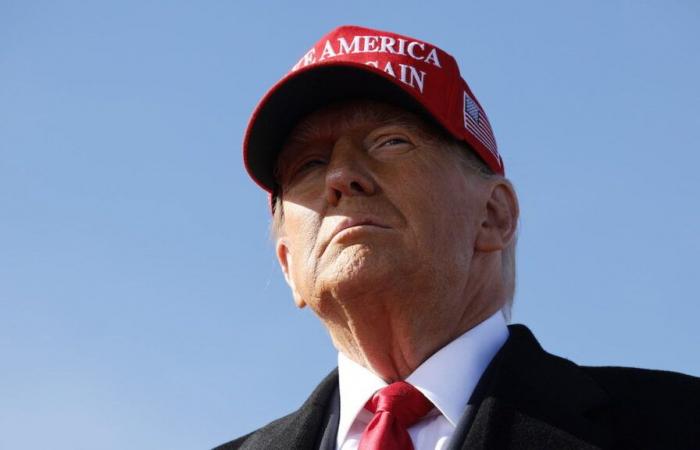Key information
- The performance gap between American and European banks has widened since 2010 and threatens to widen under Trump's new mandate.
- Experts predict that deregulation and tax cuts under a second Trump term will create an environment in which U.S. banks can expand lending and optimize capital more effectively than their European rivals.
- International banks with significant operations in the United States, such as Barclays, Deutsche Bank and UBS, are expected to benefit from a more relaxed regulatory environment in the United States.
Since the 2008 financial crisis, European lenders have struggled to match the profitability and market share of their American counterparts. While U.S. banks have thrived, European institutions have faced weak economies and falling yields. This year, a glimmer of hope emerged when European bank stocks outperformed their U.S. counterparts and expectations began to emerge that the United States would adopt aspects of Basel III regulations, which requires an increase in capital reserves for banks.
However, the recent re-election of Donald Trump has changed the situation. US banking giants like JPMorgan Chase, Goldman Sachs and Morgan Stanley saw their share prices jump, while the European banking sector index fell. Experts predict that deregulation and tax cuts under a second Trump term will create an environment in which U.S. banks can expand lending and optimize capital more effectively than their European rivals.
The performance gap is widening
The performance gap between American and European banks is considerable. Since 2010, shares of European banks have fallen 10 percent, while the value of American lenders has tripled. The European Central Bank estimates that eurozone banks earn a return on equity of around 5 percent, compared with 10 percent in the United States, partly due to higher fees and non-profit lending. productive problems inherited from the past from which European institutions suffer.
European policymakers are already recognizing the potential impact of Trump's policies. Swiss Finance Minister Karin Keller-Sutter and her British counterpart Rachel Reeves discussed the outlook for US banking regulation, emphasizing the need to balance competitiveness and stability. Some believe the change could allow European banks to push for a relaxation of their own stricter regulations.
Upcoming regulatory changes
According to Reutersthe US banking industry expects the Trump administration to appoint Republican regulators favoring less stringent capital rules, approval of mergers and a diluted implementation of Basel III. However, the extent and speed of deregulation remains uncertain, pending the appointment of key political leaders.
Some experts predict that Mr. Trump could even roll back parts of the Dodd-Frank financial reform law, which introduced stricter regulations in the wake of the 2008 crisis. The increase in corporate mergers and acquisitions under The push from a less restrictive Federal Trade Commission could also benefit U.S. investment banks, further widening the gap with their European counterparts. Although highly anticipated mergers within the European banking sector have recently resumed, such as UniCredit's potential takeover of Commerzbank and BBVA's bid for Sabadell, these deals face political obstacles.
International banks could benefit from Trump
Some experts predict that Trump could even roll back parts of the Dodd-Frank financial reform law, which introduced stricter regulations in the wake of the 2008 crisis. The increase in corporate mergers and acquisitions under the The push from a less restrictive Federal Trade Commission could also benefit U.S. investment banks, further widening the gap with their European counterparts. Although highly anticipated mergers in the European banking sector have recently resumed, such as UniCredit's potential takeover of Commerzbank and BBVA's bid for Sabadell, these deals face political obstacles.
International banks with significant operations in the United States, such as Barclays, Deutsche Bank and UBS, are expected to benefit from a more relaxed regulatory environment in the United States, according to Filippo Maria Alloatti, head of financial credit at Federated Hermes.
If you want access to all articles, subscribe here!






